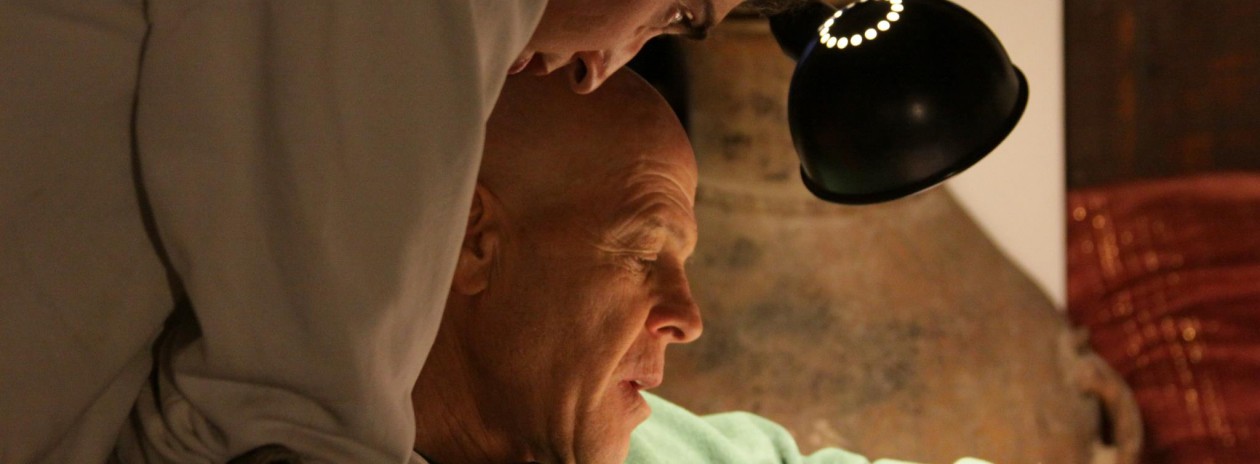Our examination will be limited to the three major monotheistic faiths.
Similar to the Ultra-Orthodox Jews are their parallel-competitors in Israel, the right-wing nationalist Orthodox (known by the acronym Hardal), as well as the Muslim Brotherhood in the Sunni countries of the Middle East (e.g., Mitchell 1993; Kepel 2003), the Protestant Bible Believers Evangelists in the United States, Holland, and Germany (e.g., Ammerman 1997), and Catholic groups such as the Italian Communion e Liberazione (Zadra 1994).
All these groups share the unwavering endeavor to increase their religiosity, in relation to both themselves as well as to the religiosity of others. Such a religious culture that strives for perfection has been labeled by Jews in Israel as adiqut (Heb. fervent; the Ultra-Orthodox use the Yiddish term frumkeit). For Muslims, the Arabic term used is tashaddud (primarily among members of those circles thought to be enlightened).
In the case of Christians, the terms utilized are reverence, devotion, and other synonyms with various connotations, such as piety. The Christian and Muslim analog to the “very religious,” much like the Jewish Ultra-Orthodox, are referred to in their internal languages as the Lord’s faithful, keepers of the legacy, and often saints.
Those who have pretensions of maintaining a higher religiosity see themselves as the sole “true” believers, and consequently, as possessors of a monopoly on the right to be called by the name of their greater religion. This in contrast with their brethren, the majority, who technically share the same religion, though merely as nominal Christians, Jews, and Muslims. Much like the islamiyun (not to be confused with “Muslims”), the Ultra-Orthodox refer to themselves in Yiddish as Yidden — simply Jews.
